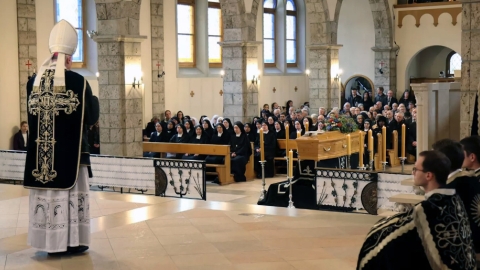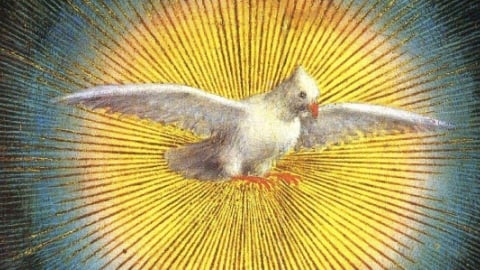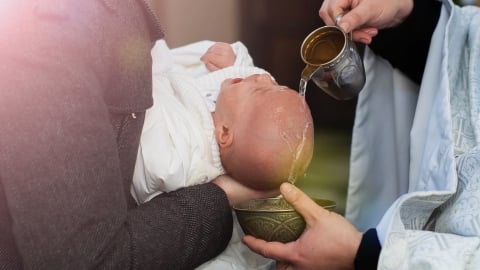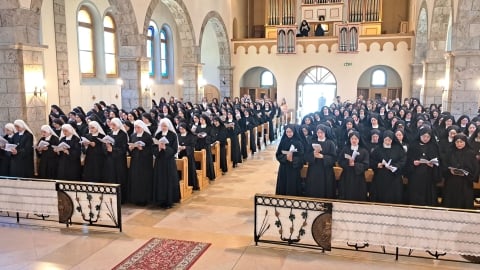Liturgy: Third Sunday after Epiphany - Domine, Non Sum Dignus

The Third, Fourth, Fifth and Sixth Sundays after Epiphany have the same Introit, Gradual, Offertory and Communion which testify to our Lord's divinity, to the fact that He worked miracles, and to the worship that we owe Him.
In fact, throughout this time after Epiphany, the Church does not cease to manifest our Lord's divinity and therefore His Kingship over men.
He is King over Jew and Gentile alike; and thus, following St. Matthew, the Church chooses a Gospel which records two miracles worked by our Lord to prove His divine Sonship to both. The first of them was on behalf of a leper, the second of a centurion. The one, as a member of the chosen race was bound by the Law of Moses; the other, our Lord Himself implies, was not of the house of Israel. By one word of our Lord the leper is cleansed, and his cure is to be made known in the priest as "a testimony unto them" of the divinity of Christ (Gospel). The centurion, himself bears witness that our Lord is God, by his words of humility and trust, which the Church puts on our own lips daily in the Holy Mass. Moreover, he gives the same testimony by the argument which he builds up; taking his own office as an illustration, he affirms that our Lord has only to speak the word and illness will obey Him; thus he obtains the great miracle which he asked.
The two miracles mentioned in today's Gospel are put by St. Matthew at the end of the Sermon on the Mount, at which "the people were in admiration," and so they confirm the fact, that truly it was "from the mouth of God" that that doctrine proceeded, which caused so much wonder in the synagogue at Nazareth (Communion).
Source: Dom Gaspar Lefebvre, OSB, 1945, adapted and abridged.





